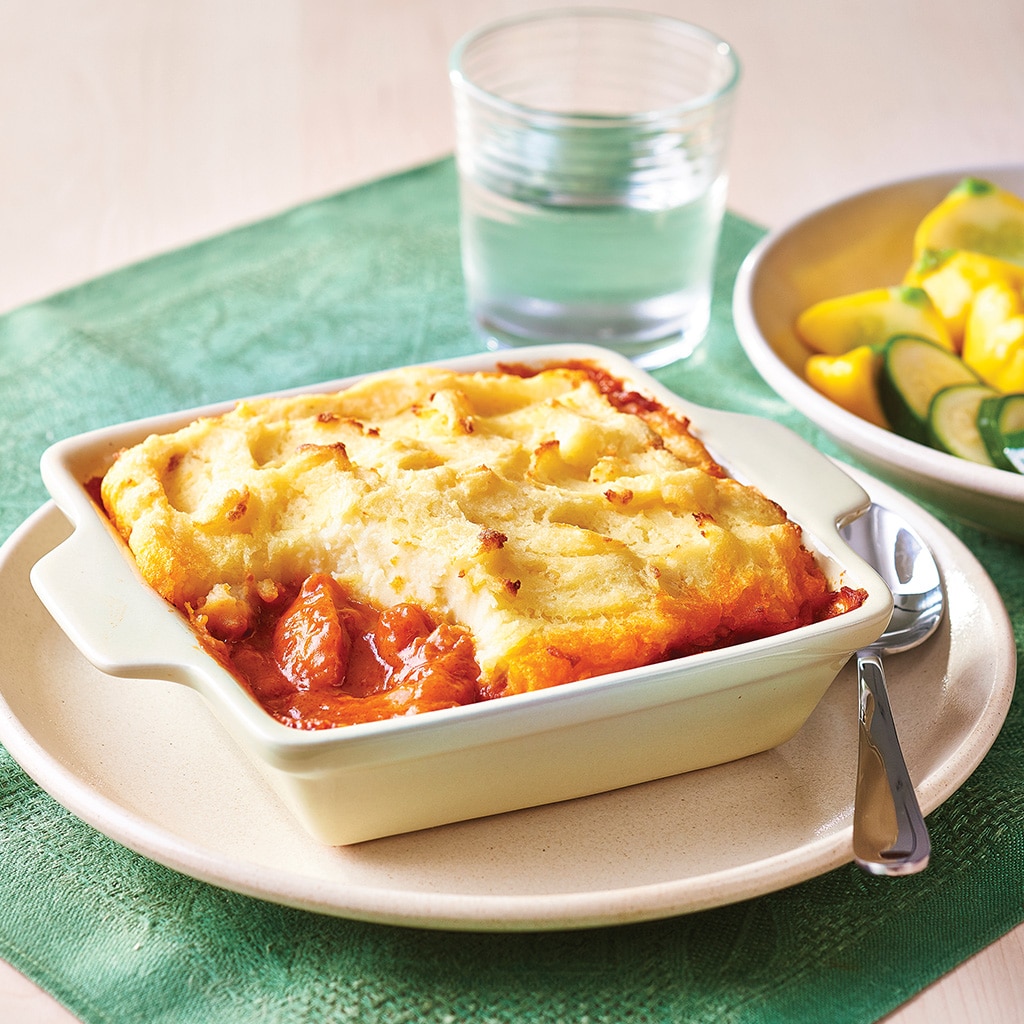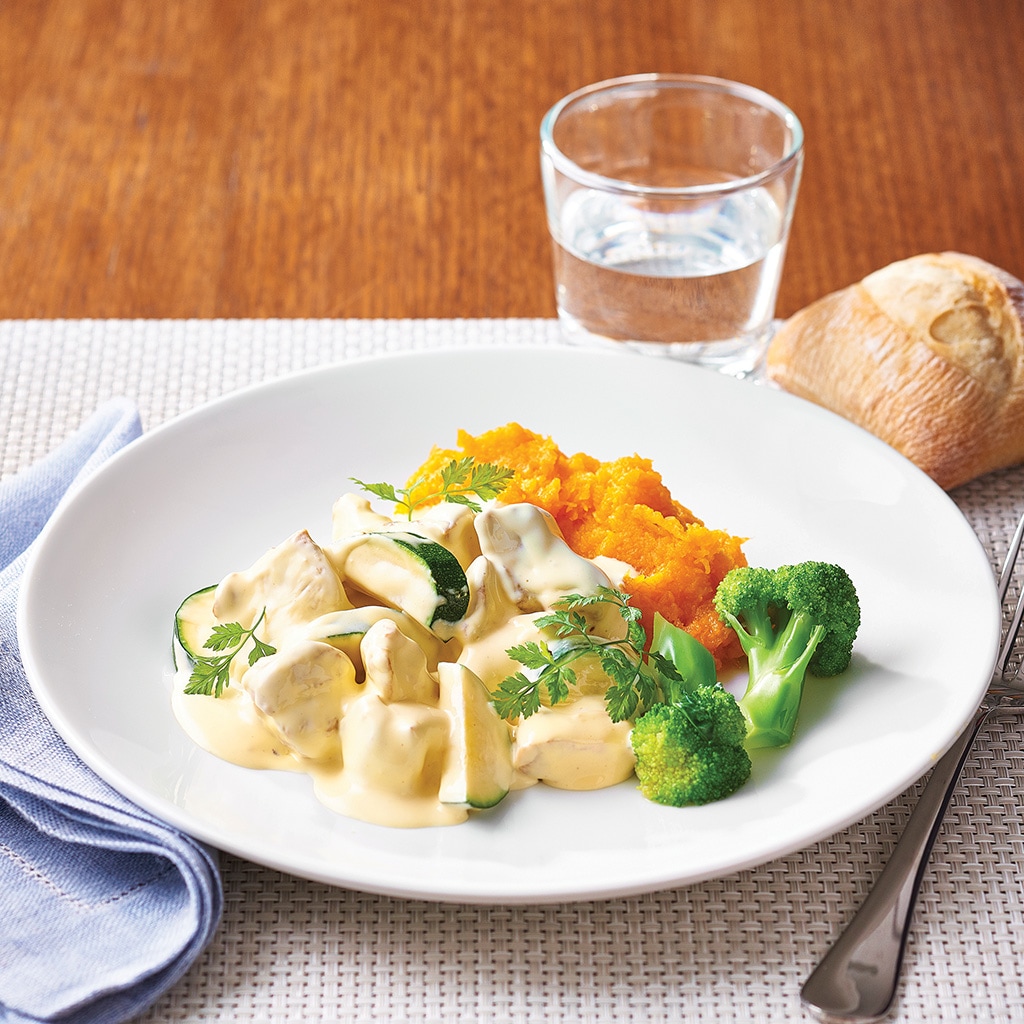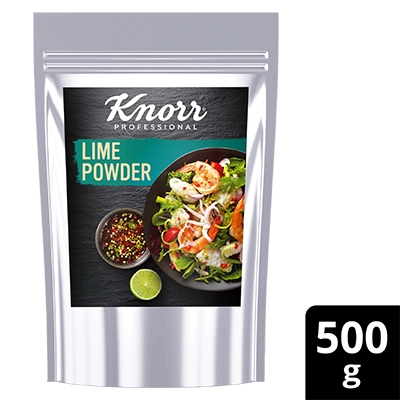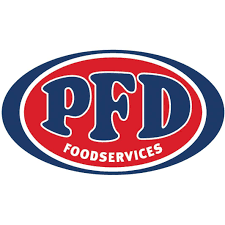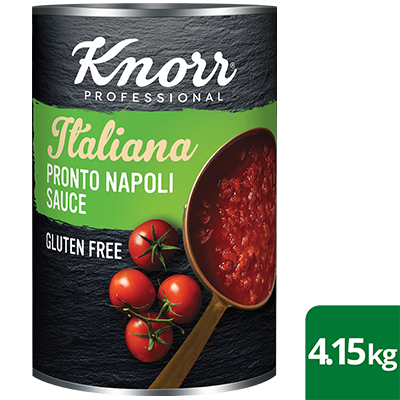Posted on Friday, 20ᵗʰ March, 2020
PK Beville is the founder of Second Wind Dreams, an organisation who has developed an innovative ‘virtual dementia tour’ to help train people who work in any capacity with dementia sufferers.
During the December 2019 Lantern Conference on the Gold Coast, PK shared some invaluable knowledge gained from her extensive work in dementia research and the virtual tours.
To understand how the virtual dementia tour works and the impact it has on both carers and people with dementia, view this video.
PK also shared some of her wisdom around simple things which make a big difference when assisting those with dementia during the dining experience.

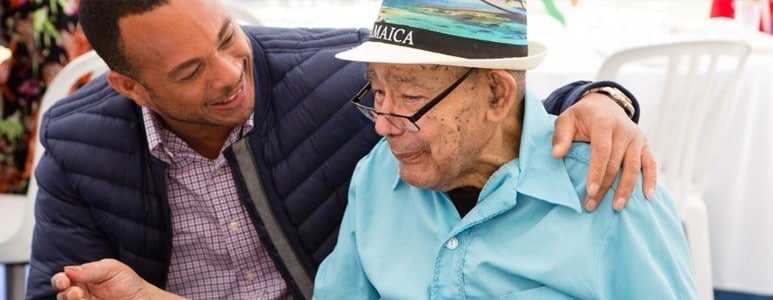
Carers and dining staff should take time to make sure dementia residents are given every opportunity to comprehend what is happening and why. For facilities who have embraced the ‘hotel style’ of dining, the right clues are given from the time the resident arrives for a meal.
- They are also offered a menu - ideally the menu will include photos of each of the meal options so there is a direct association between the words and what they mean.
- They are given extra time to process the information on the menu and decide what they would like to eat.
- Food aromas are present so residents start to anticipate food, further reinforcing where they are and what will happen next.
- The food, when it is served, looks and smells like the meal they ordered.

Confusion about what is right in front of them is a common issue and is not something people would consider.
Visual ambiguity happens when an object can be interpreted in different ways. For example, when walking through nature, a stick can look like a snake. For dementia residents, certain foods can look like something entirely different, and very unappetising - a lemon can become a tennis ball, a chocolate biscuit can be a handful of mud, grapes could be marbles. Start including texture modified foods and things can start looking very unlike food.
It is important for carers to make sure food not only smells delicious, but also is visually very obviously food - and not able to be mistaken for something that doesn't belong on a plate.


Too often, dementia residents are seen as a ‘problem’, however PK Beville is a strong advocate of letting people do what is familiar. If a resident likes to walk around, prepare food which can be eaten ‘on the go’. If the goal is to make sure residents eat the right amount of foods and stay healthy, then trying to control or suppress behaviours will work against this goal.
Eating outside mealtimes, snacking while engaged in other activities and allowing ‘role play’ - for example, going to the ‘supermarket’ to get ingredients for a meal - can all assist in making sure dementia residents feel less alienated and stay in their comfort zone so they can live a healthier life.
PK believes the more understanding we have about what living with dementia is like day to day, the more we can develop environments which help people feel secure and heard allowing them to live healthy, fulfilling lives.

Disclaimer: The content of this article is created for inspiration purposes only. It is not intended as clinical, medical or nutritional advice.
Top recipes
-
Crumbed Chicken Tenderloins with Lime Aioli -
Mango Chicken Tartlets -
Beef and Vegetable Soup -
Macaroni and Cheese Lasagne -
Satay Chicken Pie -
Butter Chicken Pie, Potato Top -
Lemon Chicken Hot Pot -
Be Mine Bavarois -
Mexican Mince with Avocado and Tomato Salsa -
Lentil and Cauliflower Dhal -
Fish Curry with Spinach and Peas -
Potato, Leek and Bacon Soup -
Creamy Charred Pumpkin Salad -
Sri Lankan Curry
Related Products
Log in or Create an account to access:
- Get access to this content
- Discover the latest culinary trends
- Explore and save your favourite recipes
- Watch free video training courses for chefs






